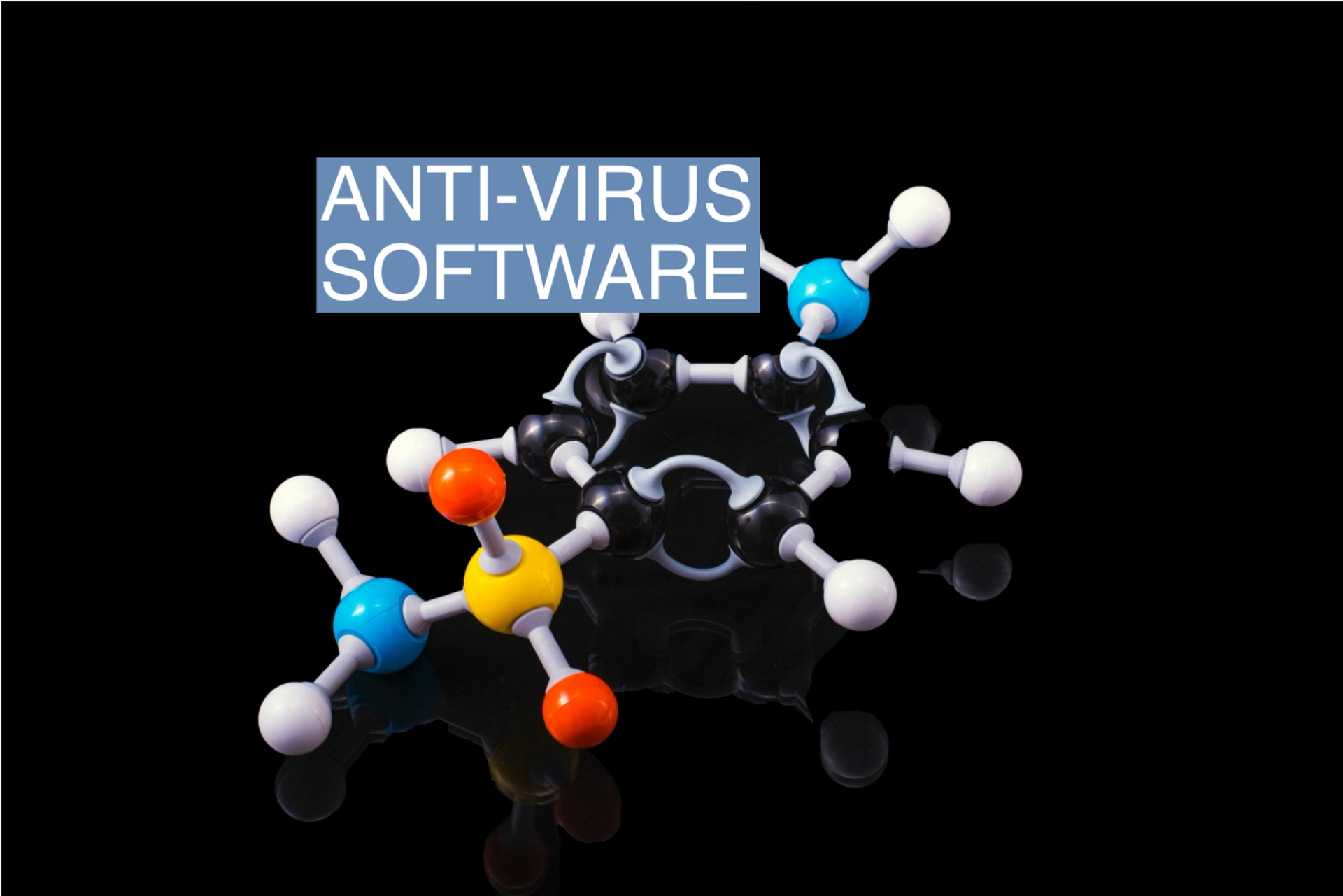The News
In a major milestone, biotech company Recursion used artificial intelligence and supercomputers to predict an unprecedented number of new possible chemical interactions that might lead to a myriad of effective drugs.
Recursion combined a database of 15,000 human proteins from AlphaFold2, the product of an AI research organization within Google called DeepMind, with another containing 36 billion molecules. A supercomputer and cloud computing power from Nvidia were then used to crunch the massive trove of data.
The accomplishment announced Tuesday was the latest development in the promising field of AI-enabled drug discovery, and shows how Silicon Valley and the biotech industry are growing closer. Nvidia announced last month it was investing $50 million into Recursion and giving the 10-year-old company access to powerful Nvidia compute power.
“The flywheel of AI is going faster and faster these days, particularly in the life sciences space,” said Ben Mabey, chief technology officer at Utah-based Recursion, in an interview with Semafor.
Recursion says it conducts about 2.2 million experiments per week, thanks to AI models, and has collected 25 petabytes of data.
In this article:
Know More
Recursion’s method of drug discovery is an effort to go after the “low hanging fruit” of possibilities. Instead of targeting a specific disease or protein, Recursion is looking across the vast universe of proteins and molecules to try and find potential drugs that are more practical to test and make.
If you think of drug discovery like cooking, one approach might be to dream up a gourmet meal, create recipes and then find the necessary ingredients to make it. The Recursion approach is more like looking at all the ingredients that are readily available and then trying to think of every possible dish.
“This lets us know what are those molecules that could be created with two or three simple steps so we could order lots of them, test lots of them, and see what actually works,” Stephen MacKinnon, vice president of digital chemistry at Recursion, told Semafor.
Recursion is one of a growing number of companies that are aiming to upend the way drug discovery works and potentially change medicine. Other companies like Schrödinger, Enveda and Absci, among others, are also chasing new drug discoveries with AI.
Reed’s view
Recursion’s announcement isn’t going to change the world of drug discovery overnight. The company now has to turn all those AI predictions of chemical reactions into physical lab tests, and then it could take years if, or when, any of those compounds make it into U.S. Food and Drug Administration clinical trials.
And the FDA itself is still grappling with how to handle a new wave of drugs that are developed by artificial intelligence. One big question is whether that will help curb or stop “Eroom’s Law,” (Moore’s Law spelled backwards), which is the concept that drug discovery continues to get slower and more expensive over time.
The FDA is soliciting feedback and exploring options to handle an expected increase in submissions because of AI. It says it “plans to develop and adopt a flexible risk-based regulatory framework that promotes innovation and protects patient safety.”
Joe Wilson, managing director at biotech investing firm Undeterred Capital, said the Recursion news was impressive, but what insights can be generated from it is the major unanswered question. And that will only be known once Recursion and its partners can integrate this additional data into their current discovery tools.
Wilson made another observation: The data that Recursion has generated is proprietary, meaning the rest of science and medicine can’t get their hands on it. One complaint among biotech researchers is the fact that so much valuable data is siloed inside companies and current public databases don’t provide nearly enough information to train their AI models. “It would be very excellent to see Recursion open this up,” Wilson said.
Mabey said Recursion has no current plans to release its dataset publicly, but it has done so in the past. “Anything is a possibility in the future,” he said.
Part of the problem is the strange incentive structures in the dysfunctional U.S. healthcare system.
Former Google CEO Eric Schmidt, who has been an active investor in the space, argued in a July column in MIT Technology Review that what may be needed to really change this is some kind of philanthropic or government effort. “Open data sets are public goods: they benefit many researchers, but researchers have little incentive to create them themselves,” he wrote.
Room for Disagreement
Aaron Daugherty, a vice president at Aria Pharmaceuticals, argues for measured optimism because AI is more of a “complement” to drug discovery than an entirely new way of curing disease. “Proprietary data, software and technology are all wonderful talking points, but they are useless if they are not informed by and guided by the expertise of pharmaceutical scientists,” he writes.
And, he argues, even if AI can be used to discover new drugs, they have to be the right drugs that can make an impact and not just mimic treatments already on the market.
Notable
- There are already AI-created drugs moving their way through the regulatory system, as this MIT Technology Review article reports in a deep-dive into the industry, its promise and its challenges.
